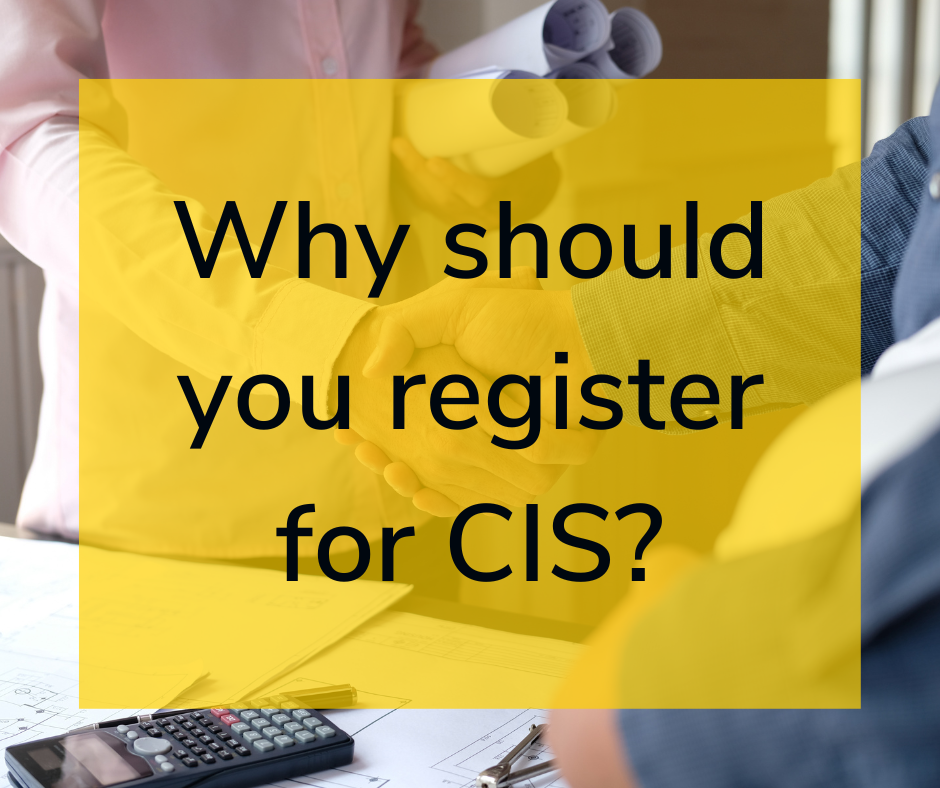
The Construction Industry Scheme (CIS) was set up by the government to collect taxes from subcontractors in the construction industry. If you’re a subcontractor in construction, it isn’t mandatory to register for CIS, but it makes sense to do so.
Why should you register for CIS?? Well, you’ll pay less tax and make more money.
Who should register?
Contractors must register for the scheme. You’re considered a contractor if you pay subcontractors to do construction work. It is also a must that you register if you’ve spent over £3m on construction work in the last 12 months, even if your business isn’t in the business of construction!
Subcontractors do not have to register, but deductions are taken from their payments at a higher rate if they’re not registered. If you register, you’ll pay 20% tax but if you’re not registered, you’ll pay 30% tax. This is a huge difference so get yourself registered here.
Gross Payment Status
Your business reputation is greatly improved if you are seen to have gross payment status by contractors. As gross payment status means HMRC trusts you to pay your own monthly tax payments on time, your contractor will also view you as a trusted and secure subcontractor. It also means that they will not need to worry about sending the 20/30% tax threshold to HMRC during your payment, which saves them time and worry as the fines for getting that wrong can be hefty.
What if you don’t want to register?
As a subcontractor there is no obligation to register for CIS, but it could help you win contracts if you do.
Before a contractor pays a subcontractor, many of them will check with HMRC that the subcontractor is registered with them. If they are, HMRC will let the contractor know how much to deduct from their payment.
This isn’t only about money and taxes, though. Being registered and verified will boost confidence in your business and let contractors know that you’re professional and legitimate. This will help you win contracts going forward.
What can contractors deduct from the subcontractor’s payment?
The government states that “deductions must only be made from that part of the payment that does not represent the cost of materials incurred by the subcontractor.”
Remember that travelling expenses and subsistence paid to or on behalf of the subcontractor must be included in the gross amount of payment and the amount from which the deduction is made.
There’s a basic 2 step process for contractors to follow and it’s worth subcontractors understanding this process too.
Step 1: Work out the gross amount from which a deduction will be made by excluding VAT charged by the subcontractor if the subcontractor is registered for VAT.
Step 2: Deduct from the gross payment the amount the subcontractor actually paid for the following items used in the construction operations, including VAT paid if the subcontractor is not registered for VAT:
Simple, right? It might appear so but it’s worth reaching out to your local AIMS Accountant for clarification if you are registered for CIS or if you think it might be worth your while. You might just pay less tax if you do!
You can find your local AIMS Accountant in the comments below 👇